Home>Articles>How To Store Pomegranate Seeds Without Freezing Them
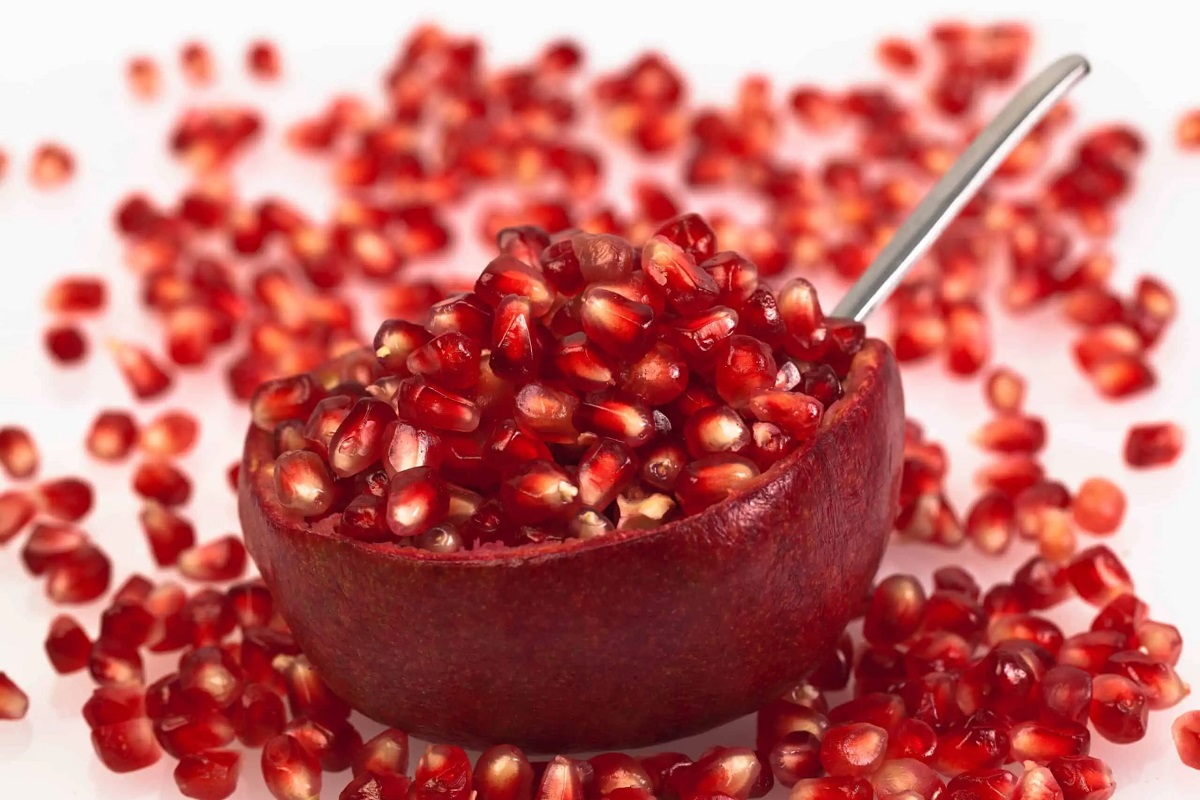

Articles
How To Store Pomegranate Seeds Without Freezing Them
Modified: August 16, 2024
Learn how to store pomegranate seeds without freezing them in this informative article. Find easy and effective methods to keep your pomegranate seeds fresh for longer.
(Many of the links in this article redirect to a specific reviewed product. Your purchase of these products through affiliate links helps to generate commission for Storables.com, at no extra cost. Learn more)
Introduction
When it comes to enjoying the sweet and tangy goodness of pomegranate seeds, many people tend to purchase a large quantity to savor over time. However, storing pomegranate seeds without freezing them can be quite a challenge. Freezing can alter the texture and taste of the seeds, making them less desirable for consumption.
In this article, we will explore alternative methods for preserving and storing fresh pomegranate seeds while maintaining their flavor and texture. Whether you want to enjoy pomegranate seeds as a topping for yogurt or a flavorful addition to your salads and desserts, these methods will help you keep those seeds fresh and delicious for an extended period.
Key Takeaways:
- Preserve pomegranate seeds without freezing to maintain their flavor, texture, and nutrients. Try refrigeration, dehydrating, sugar syrup preservation, lemon juice infusion, or vacuum-sealing for versatile storage options.
- Enjoy the sweet and tangy goodness of pomegranate seeds year-round. Explore alternative storage methods like refrigeration, dehydrating, sugar syrup preservation, lemon juice infusion, and vacuum-sealing to keep the seeds fresh and flavorful.
Read more: How To Store Hats Without Ruining Them
Why Avoid Freezing Pomegranate Seeds
Freezing pomegranate seeds may seem like a convenient solution for preserving them, but it can negatively impact their taste and texture. The freezing process causes the water inside the seeds to expand, leading to cell damage and ultimately affecting the seed’s quality.
One of the key reasons to avoid freezing pomegranate seeds is the change in texture. When the seeds are thawed, they tend to become mushy and lose their natural crunch. This can significantly diminish the overall enjoyment of consuming the seeds.
Furthermore, freezing can also alter the flavor profile of the pomegranate seeds. The low temperatures can cause some of the natural sugars to break down, leading to a bland and less vibrant taste. This can be disappointing, especially for those who appreciate the unique sweetness and tanginess of fresh pomegranate seeds.
In addition to texture and flavor changes, the freezing and thawing process can also result in the loss of essential nutrients. While pomegranate seeds are known for their high antioxidant content and numerous health benefits, these qualities can be compromised when the seeds are frozen. The exposure to fluctuating temperatures can lead to nutrient degradation, reducing their overall nutritional value.
Lastly, frozen pomegranate seeds can develop freezer burn if not properly stored. Freezer burn occurs when the water molecules on the surface of the seeds evaporate, leaving them dehydrated and susceptible to freezer odors. This can further impact the taste and quality of the seeds.
Considering these factors, it is clear that freezing is not the ideal method for preserving pomegranate seeds if you want to maintain their freshness, taste, and nutritional benefits. So, let’s explore alternative methods that will help you store pomegranate seeds without freezing them.
Storing Fresh Pomegranate Seeds
Before we dive into the various methods for storing pomegranate seeds without freezing them, it’s essential to know the best practices for handling and storing fresh seeds. These guidelines will help ensure that the seeds remain fresh and retain their flavor for as long as possible.
1. Choose ripe pomegranates: When purchasing pomegranates, make sure to select fruits that are fully ripe. Ripe pomegranates will have a deep red color and feel heavy for their size. Avoid fruits with bruises or signs of damage.
2. Store whole pomegranates: Pomegranates can last longer when stored as a whole fruit rather than when the seeds are extracted. This helps to maintain their freshness and prevents them from drying out.
3. Store in a cool, dry place: Pomegranates should be stored in a cool and well-ventilated area away from direct sunlight. Ideally, a pantry or a cool spot in the kitchen would be suitable.
4. Avoid moisture: Excess moisture can speed up the ripening process of pomegranates and cause them to spoil quickly. Make sure to keep the fruits away from any sources of moisture, such as sinks or refrigerators with condensation issues.
Now that we have covered the basics of storing fresh pomegranates, let’s explore different methods to store the seeds without freezing them.
Method 1: Refrigeration
Refrigeration is one of the most straightforward methods for storing fresh pomegranate seeds without freezing them. This method helps to prolong the shelf life of the seeds while maintaining their taste and texture.
To store pomegranate seeds in the refrigerator:
- Start by extracting the seeds from the pomegranate fruit. Cut the pomegranate in half and gently tap the back of each half with a wooden spoon to release the seeds.
- Place the seeds in an airtight container or a resealable plastic bag. Make sure to remove any excess moisture to prevent the seeds from becoming soggy.
- Label the container or bag with the date of storage to keep track of freshness.
- Store the seeds in the refrigerator at a temperature between 36 to 41°F (2 to 5°C).
- It is recommended to consume the refrigerated pomegranate seeds within 2 to 3 days for optimal flavor and quality.
Remember to handle the seeds with clean hands or utensils to avoid contamination and keep them as fresh as possible.
Refrigeration helps to slow down the fruit’s enzymatic activity, which can lead to spoilage. By keeping the seeds in a cold environment, you can extend their shelf life and enjoy them over several days. However, keep in mind that refrigerated pomegranate seeds may lose some of their crunchiness over time.
This method is ideal for those who want to have ready-to-eat pomegranate seeds available for quick and easy use in various dishes and snacks.
Method 2: Dehydrating
Dehydrating pomegranate seeds is an excellent method for preserving them without the need for freezing. This technique removes the moisture from the seeds, allowing them to be stored for an extended period. Dehydrated pomegranate seeds can also be used as a flavorful ingredient in various recipes.
Here’s how you can dehydrate pomegranate seeds:
- Extract the seeds from the pomegranate fruit by cutting it in half and gently tapping the back of each half with a wooden spoon.
- Spread the seeds evenly on a food dehydrator tray or a baking sheet lined with parchment paper.
- Set the dehydrator or oven to a low temperature, ideally around 135 to 150°F (57 to 65°C). If using an oven, leave the door slightly ajar to allow moisture to escape.
- Allow the seeds to dehydrate for about 8 to 10 hours in the dehydrator or 10 to 12 hours in the oven. You’ll know they are ready when they become dry and firm to the touch.
- Remove the seeds from the dehydrator or oven and let them cool completely.
- Store the dehydrated seeds in an airtight container or a glass jar. Make sure to label the container with the date of dehydration.
- Keep the container in a cool, dry place away from direct sunlight.
Dehydrated pomegranate seeds can be stored for several months under proper conditions. They make a delicious and nutritious snack on their own or can be added to granola, trail mix, or baked goods to enhance their flavor and texture.
While dehydrated pomegranate seeds may not retain the same chewiness as fresh seeds, they still offer a concentrated burst of flavor and can be rehydrated if desired. Simply soak them in water or juice for a few minutes before using them in your recipes.
Dehydrating is a great option if you have a surplus of pomegranate seeds and want to enjoy their vibrant taste throughout the year.
Store pomegranate seeds in an airtight container in the refrigerator for up to 5 days to keep them fresh without freezing.
Read more: How To Seed Pomegranate
Method 3: Preserving in Sugar Syrup
Preserving pomegranate seeds in a sugar syrup solution is another effective method for storing them without freezing. The sugar syrup helps to maintain the texture and flavor of the seeds while extending their shelf life.
Here’s how you can preserve pomegranate seeds in sugar syrup:
- Extract the seeds from the pomegranate fruit by cutting it in half and gently tapping the back of each half with a wooden spoon.
- In a saucepan, combine equal parts water and granulated sugar, such as 1 cup of water to 1 cup of sugar.
- Place the saucepan over medium heat and stir the mixture until the sugar dissolves completely.
- Once the sugar dissolves, bring the syrup to a boil and let it simmer for about 5 minutes to thicken slightly.
- Remove the syrup from the heat and allow it to cool for a few minutes.
- Transfer the pomegranate seeds into clean, sterilized glass jars or containers.
- Pour the cooled sugar syrup over the seeds, making sure they are fully submerged.
- Seal the jars or containers tightly and refrigerate them.
Pomegranate seeds preserved in sugar syrup can be stored in the refrigerator for up to several weeks. The sugar syrup acts as a natural preservative and helps to maintain the freshness of the seeds.
Preserved pomegranate seeds in sugar syrup can be used in various desserts, cocktails, and even as a topping for pancakes or waffles. The syrup itself can also be utilized as a flavorful addition to drinks or dressings.
The sweetness of the syrup complements the natural tanginess of the seeds, resulting in a delightful treat that can be enjoyed long after the pomegranate season has passed.
Method 4: Using Lemon Juice
Using lemon juice to preserve pomegranate seeds is a simple yet effective method that not only helps to extend their shelf life but also enhances their flavor. The acidity of the lemon juice helps to prevent oxidation and maintain the bright color of the seeds.
Here’s how you can use lemon juice to preserve pomegranate seeds:
- Extract the seeds from the pomegranate fruit by cutting it in half and gently tapping the back of each half with a wooden spoon.
- In a bowl, combine the pomegranate seeds with freshly squeezed lemon juice. Use approximately 1 tablespoon of lemon juice for each pomegranate worth of seeds.
- Gently toss the seeds in the lemon juice until they are well coated.
- Transfer the seeds and lemon juice mixture into an airtight container or glass jar.
- Seal the container tightly and refrigerate it.
The lemon juice will not only help to preserve the pomegranate seeds but also add a refreshing tanginess to their flavor. The seeds can be stored in the refrigerator for up to a week, maintaining their texture and taste.
You can use these preserved pomegranate seeds in various dishes like salads, dressings, or as a garnish for desserts. The lemon juice-infused seeds offer a burst of flavor and can elevate the overall taste of your culinary creations.
This method is especially useful when you have a surplus of pomegranate seeds and want to extend their freshness while adding a zesty twist.
Method 5: Vacuum-Sealing
Using a vacuum-sealer is an excellent method for storing pomegranate seeds without freezing them. This technique helps to remove all the air from the storage container, creating a tightly sealed environment that preserves the freshness and flavor of the seeds.
Here’s how you can vacuum-seal pomegranate seeds:
- Extract the seeds from the pomegranate fruit by cutting it in half and gently tapping the back of each half with a wooden spoon.
- Spread the seeds evenly on a tray or a plate in a single layer. Let them dry for about 15 minutes to remove any excess moisture.
- Transfer the dried pomegranate seeds into a vacuum-seal bag or a vacuum-seal canister.
- Follow the instructions provided with your vacuum-sealer to remove the air from the bag or canister and create a tight seal.
- Label the bag or canister with the date of sealing to keep track of freshness.
- Store the vacuum-sealed pomegranate seeds in a cool, dry place away from direct sunlight.
Vacuum-sealing helps to maintain the quality and flavor of pomegranate seeds by preventing the oxidation process. By removing the air, you minimize the potential for spoilage and preserve the seeds’ natural characteristics.
Vacuum-sealed pomegranate seeds can be stored for several weeks, allowing you to enjoy their freshness whenever you desire. Whether you use them as a topping for salads, yogurt, or as an ingredient in various recipes, these vacuum-sealed seeds will retain their taste, color, and texture.
This method is particularly beneficial for those who prefer to portion out their pomegranate seeds or want to keep them well-preserved for an extended period.
Conclusion
Storing pomegranate seeds without freezing them is a great way to ensure their taste, texture, and nutritional benefits remain intact. Freezing can alter the qualities of the seeds and compromise the overall enjoyment of consuming them. Luckily, there are several alternative methods that allow you to preserve and store fresh pomegranate seeds for an extended period.
Refrigeration offers a simple solution, keeping the seeds fresh for a few days. Dehydrating the seeds is another option, providing a crunchy texture and concentrated flavor that can last for months. Preserving the seeds in a sugar syrup allows for a sweet and tangy treat, while using lemon juice enhances their flavor and inhibits oxidation. Lastly, vacuum-sealing the seeds ensures a tightly sealed environment, prolonging their freshness and quality.
Choose a method that best suits your preferences and needs. Whether you want ready-to-eat seeds or preserved options for later use, these methods offer versatility and convenience.
Remember to handle the seeds with care and store them properly in cool, dry places away from direct sunlight and sources of moisture. By following these methods, you can enjoy the delightful taste of pomegranate seeds long after the season has passed.
Experiment with these techniques and get creative with incorporating pomegranate seeds into your favorite dishes and recipes. The sweet and tangy burst of flavor they provide will add a delicious and nutritious touch to any culinary creation.
So, go ahead and make the most of pomegranate season by storing and savoring these vibrant seeds without freezing them. Your taste buds will thank you.
Frequently Asked Questions about How To Store Pomegranate Seeds Without Freezing Them
Was this page helpful?
At Storables.com, we guarantee accurate and reliable information. Our content, validated by Expert Board Contributors, is crafted following stringent Editorial Policies. We're committed to providing you with well-researched, expert-backed insights for all your informational needs.
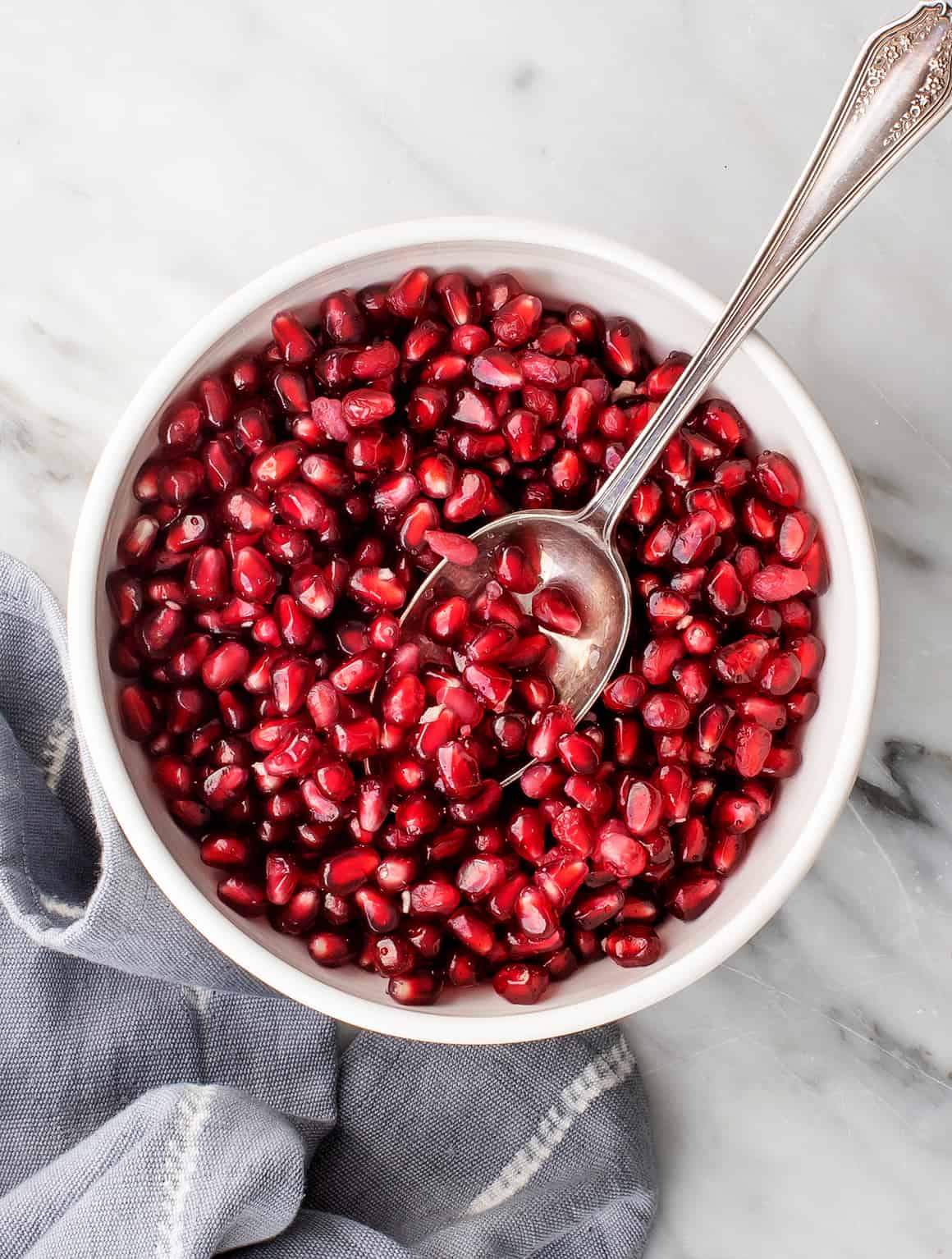


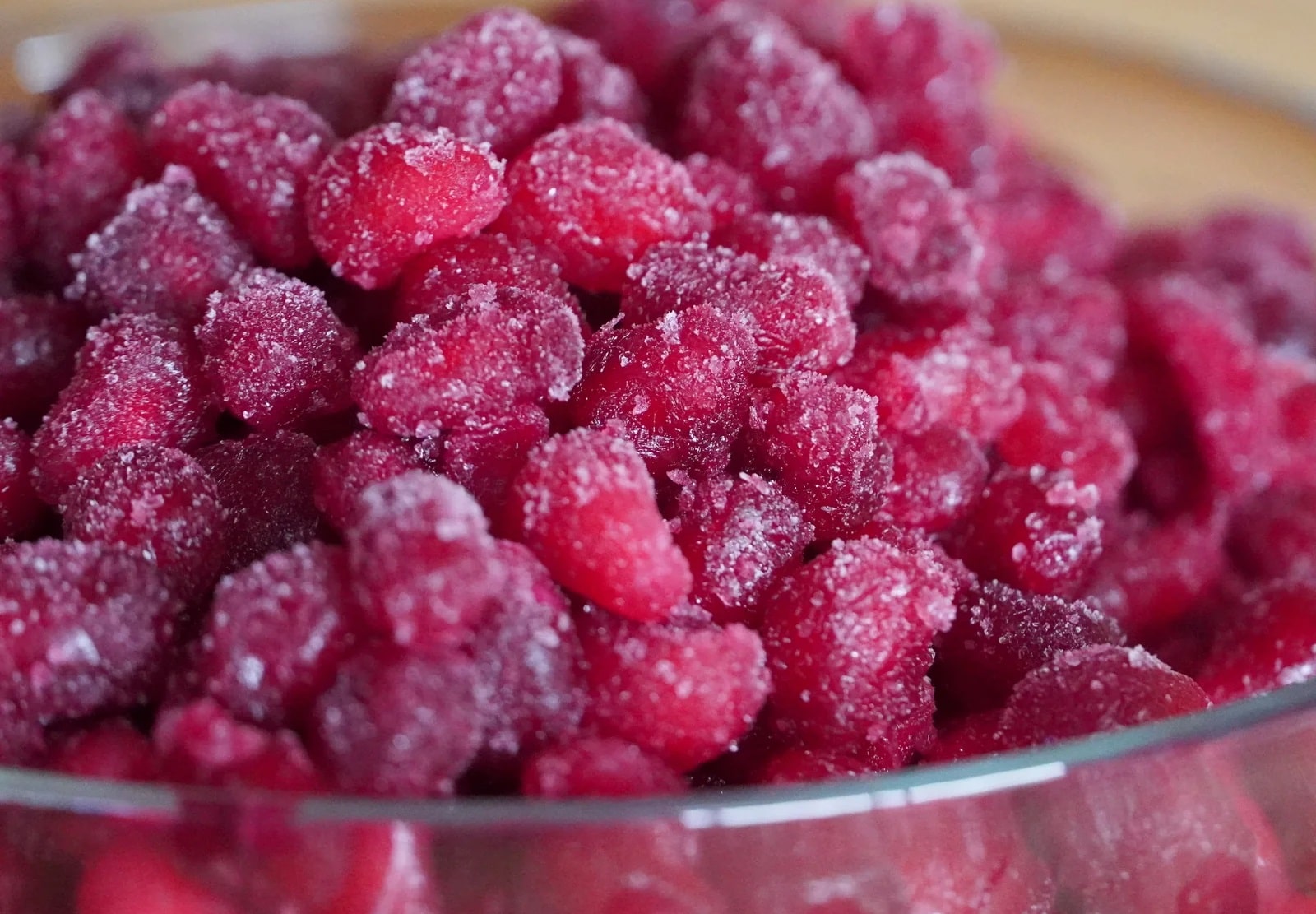
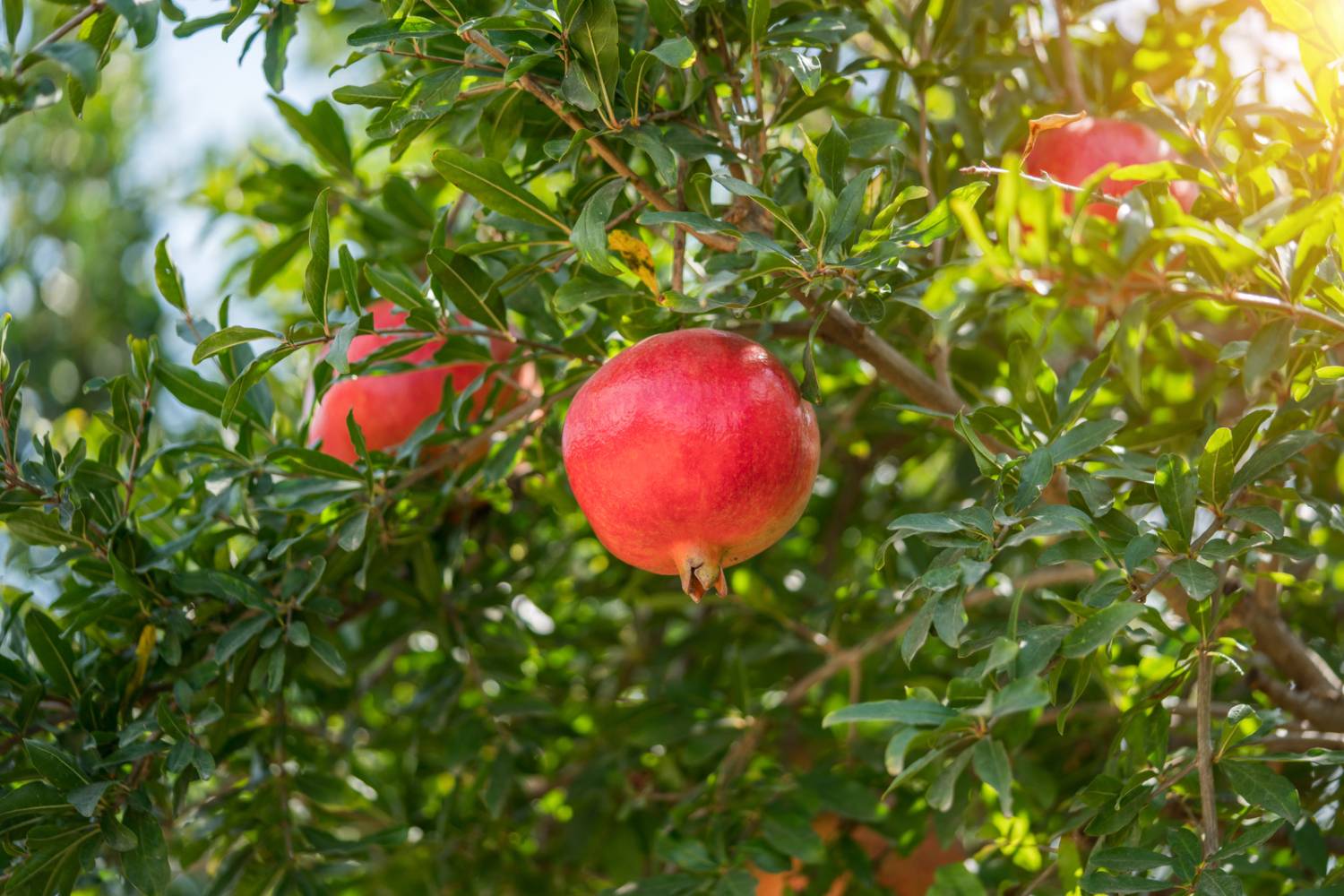
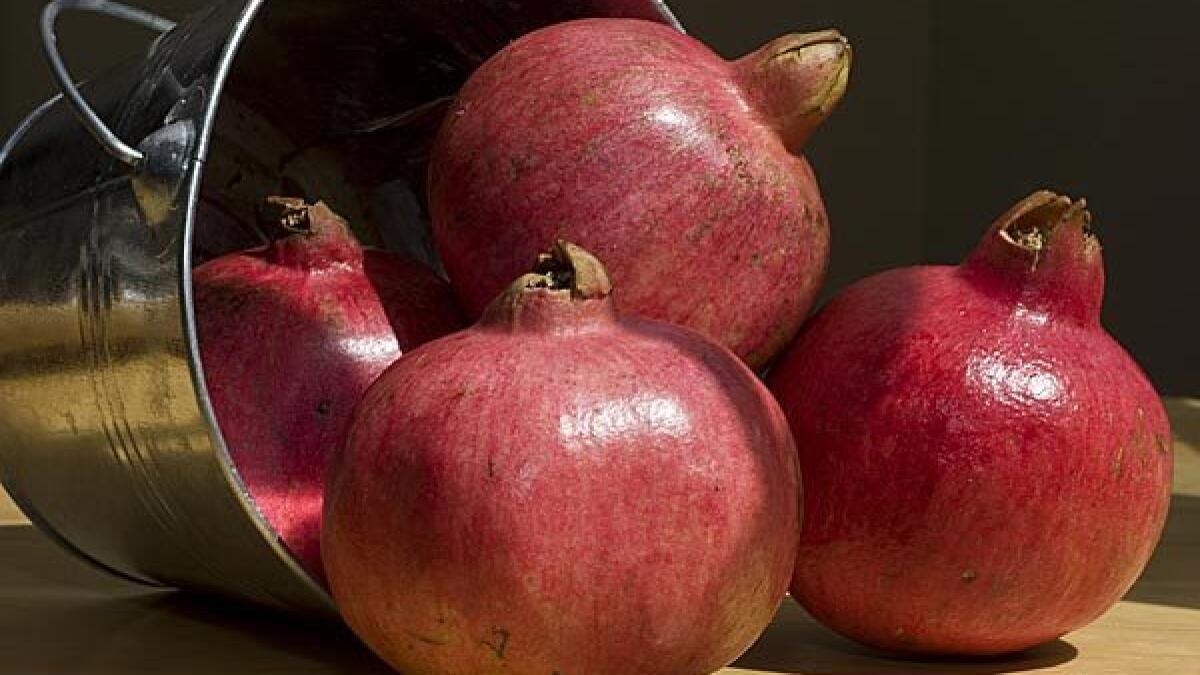

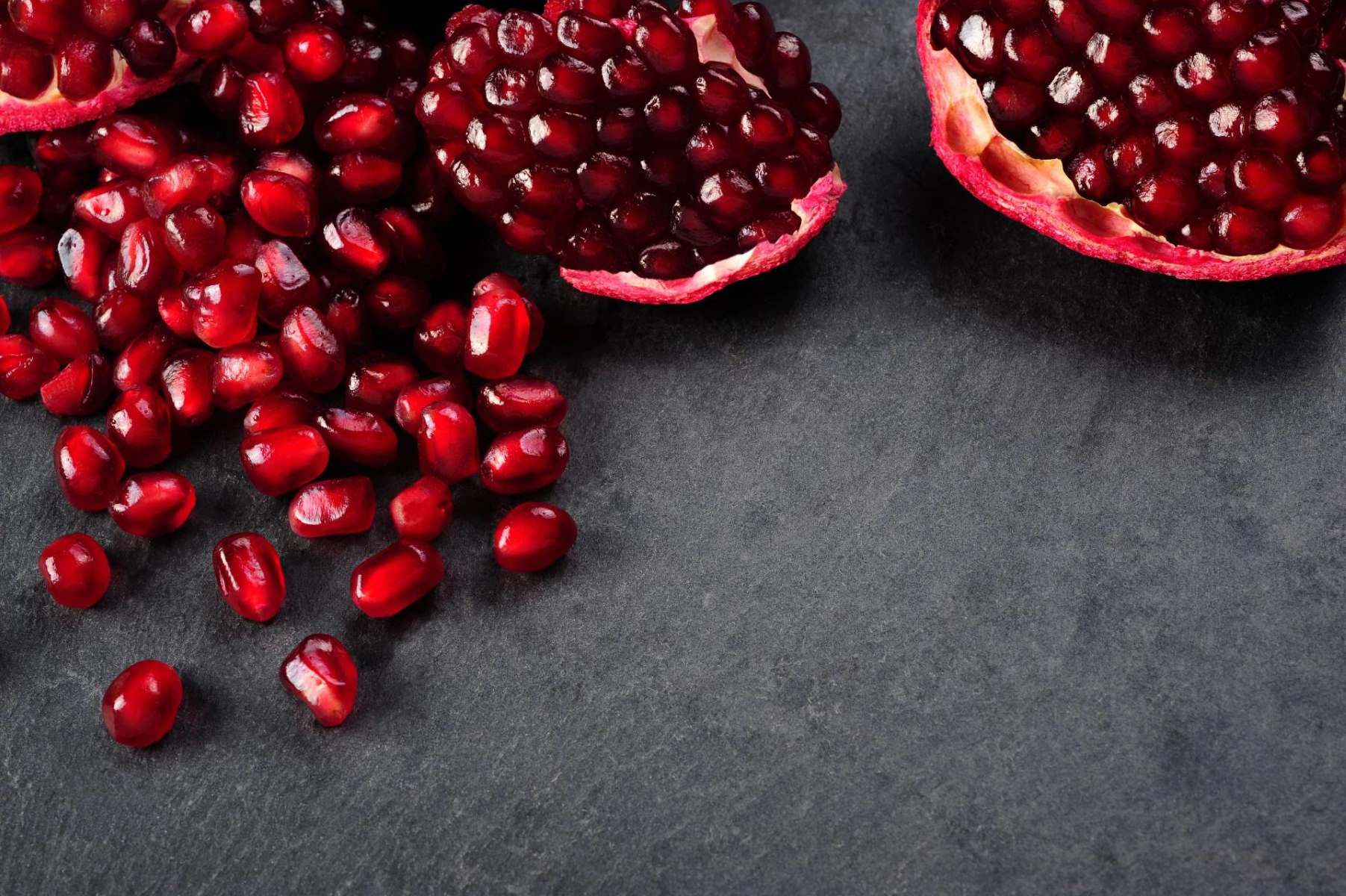
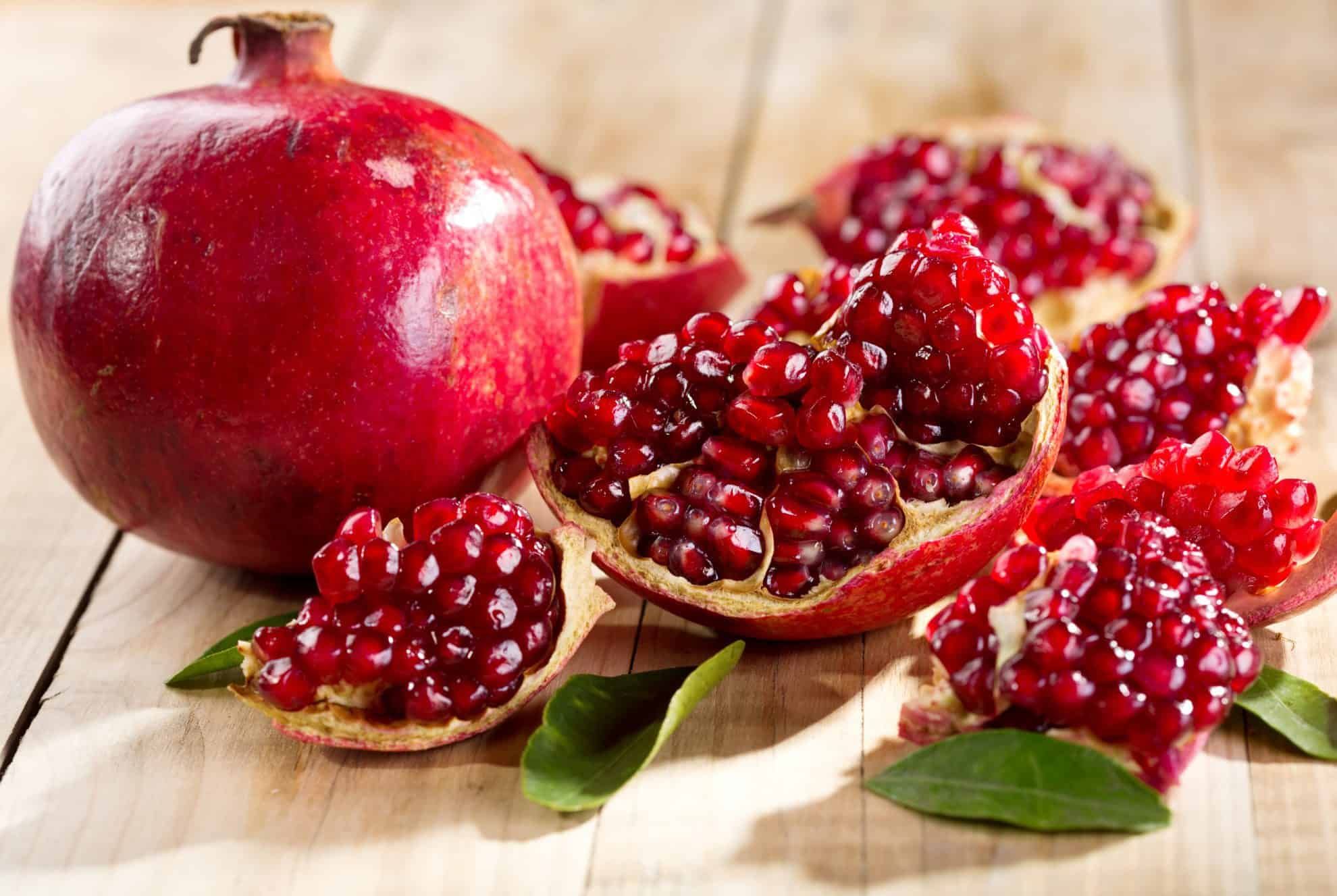
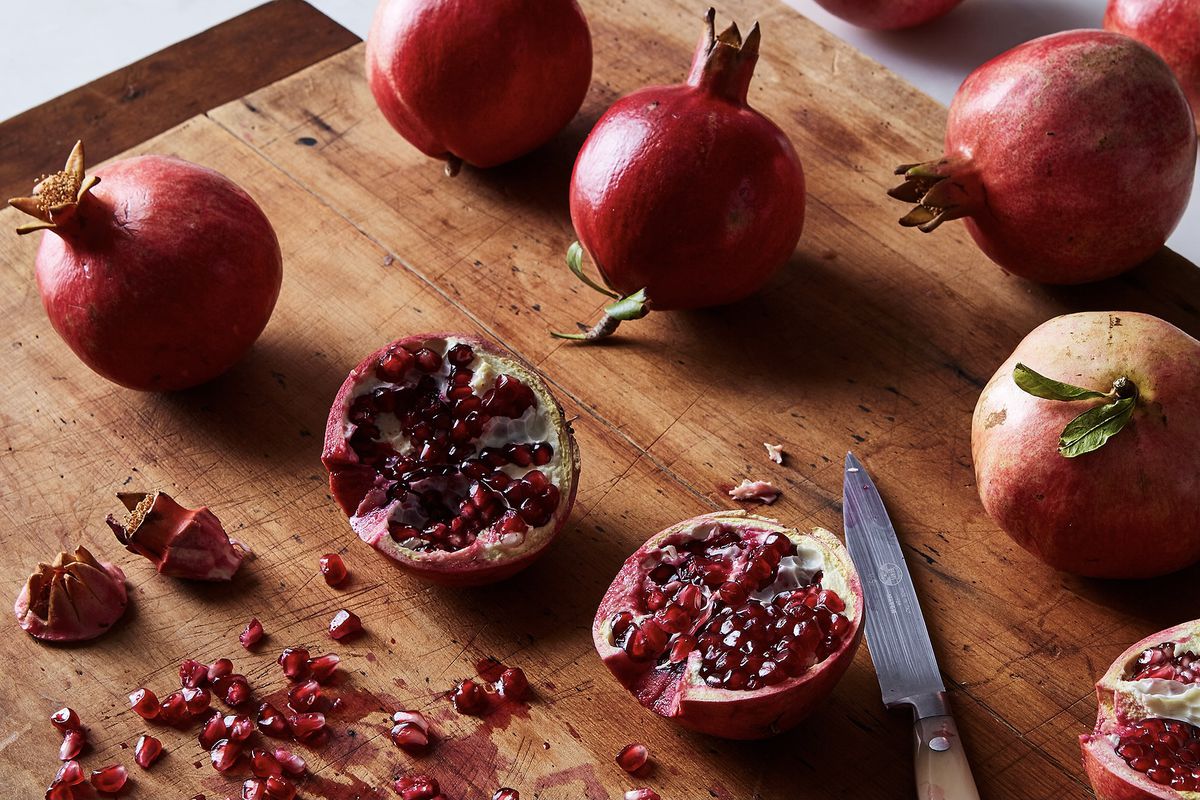
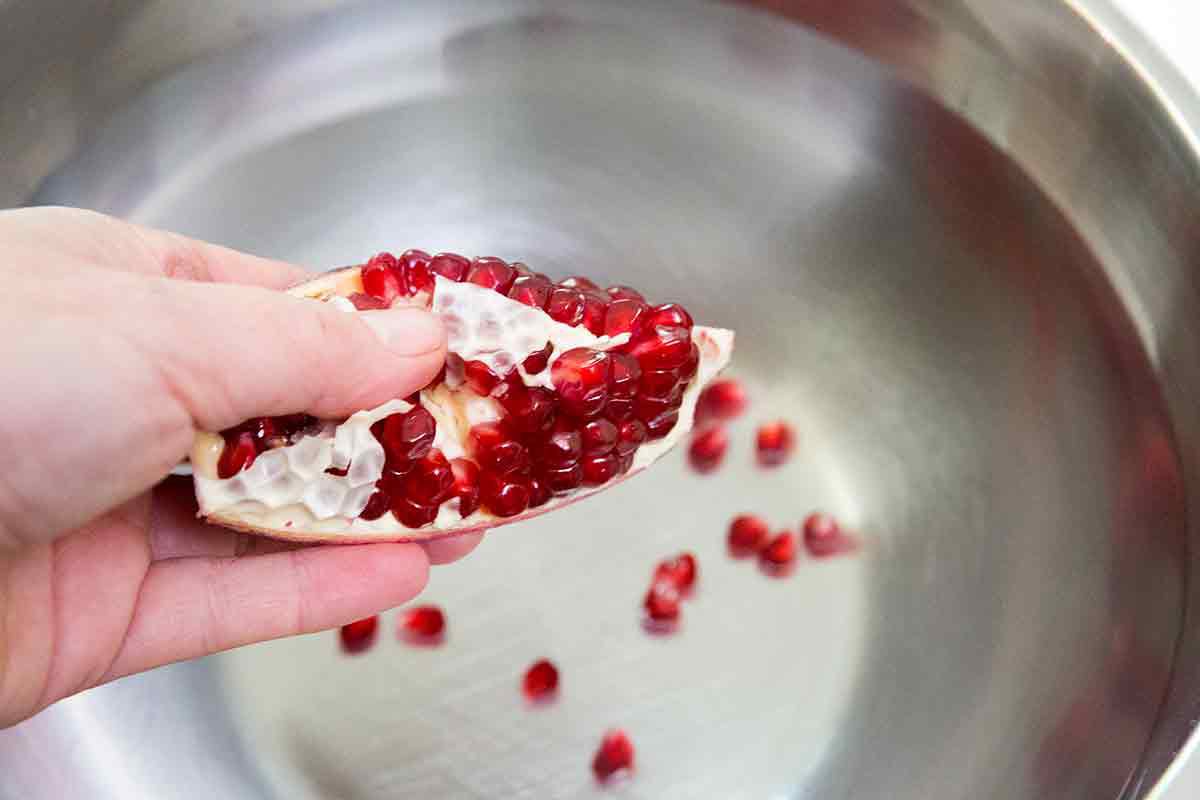
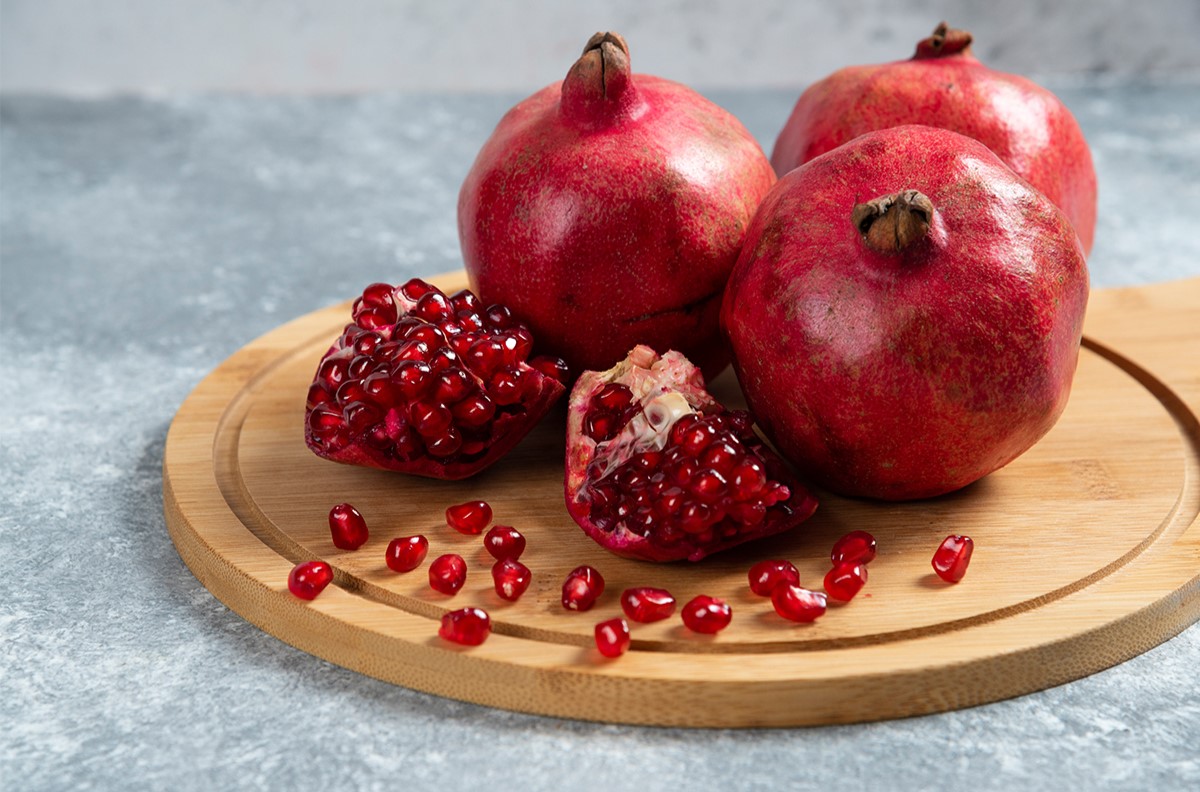
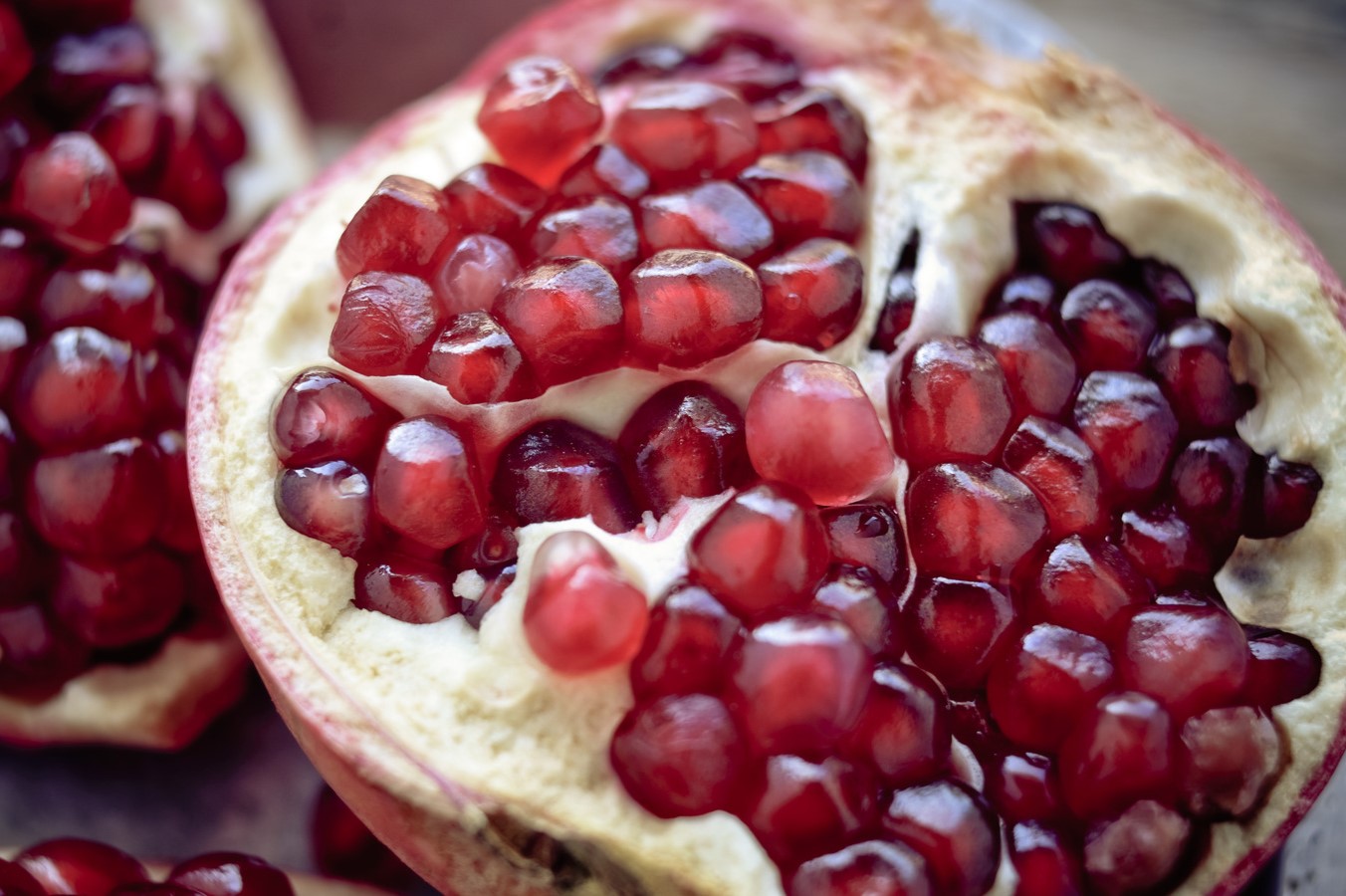
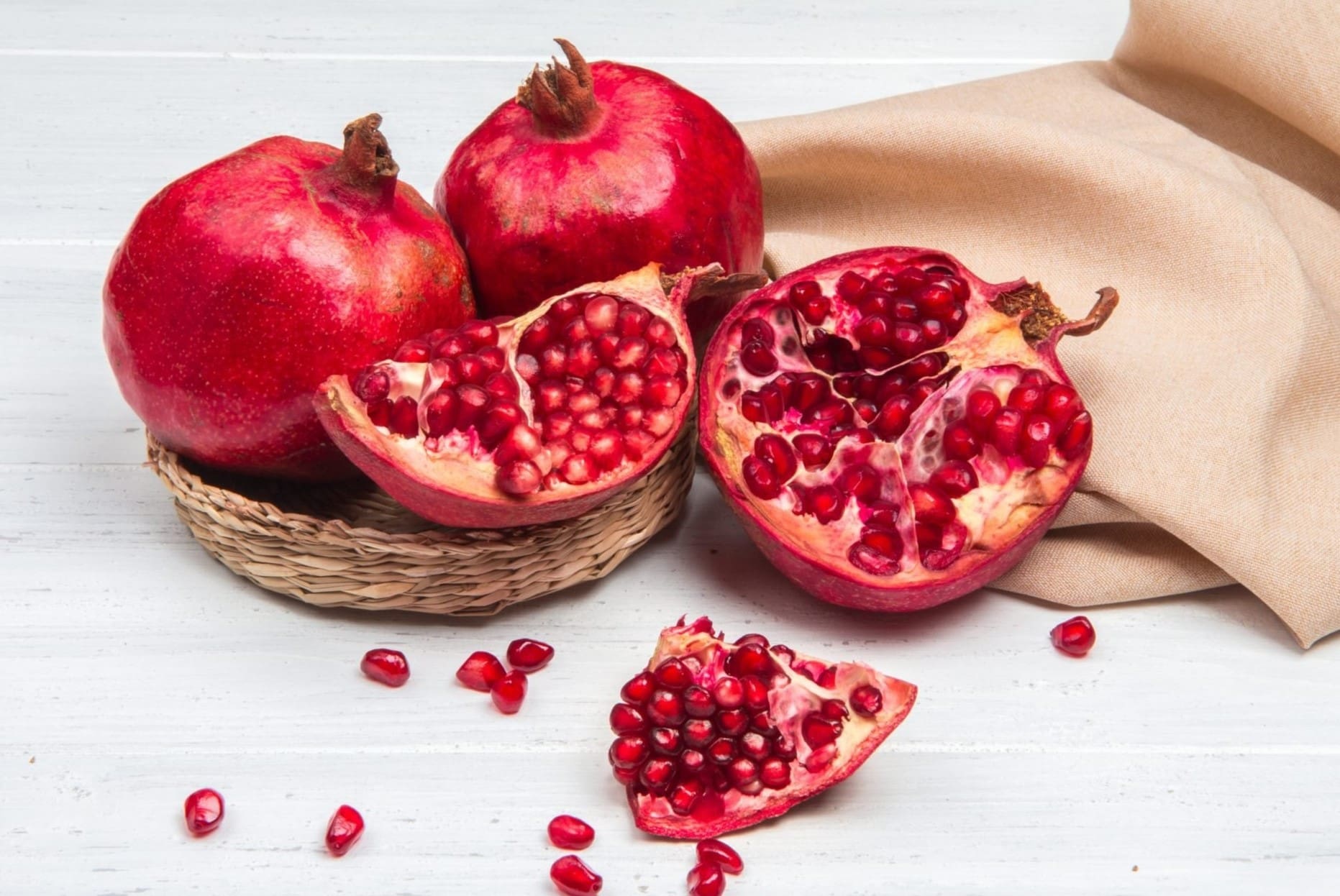

0 thoughts on “How To Store Pomegranate Seeds Without Freezing Them”